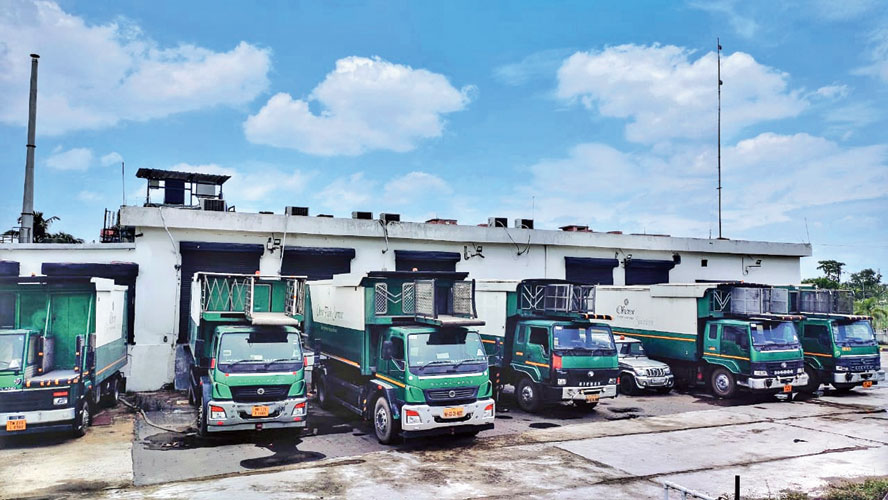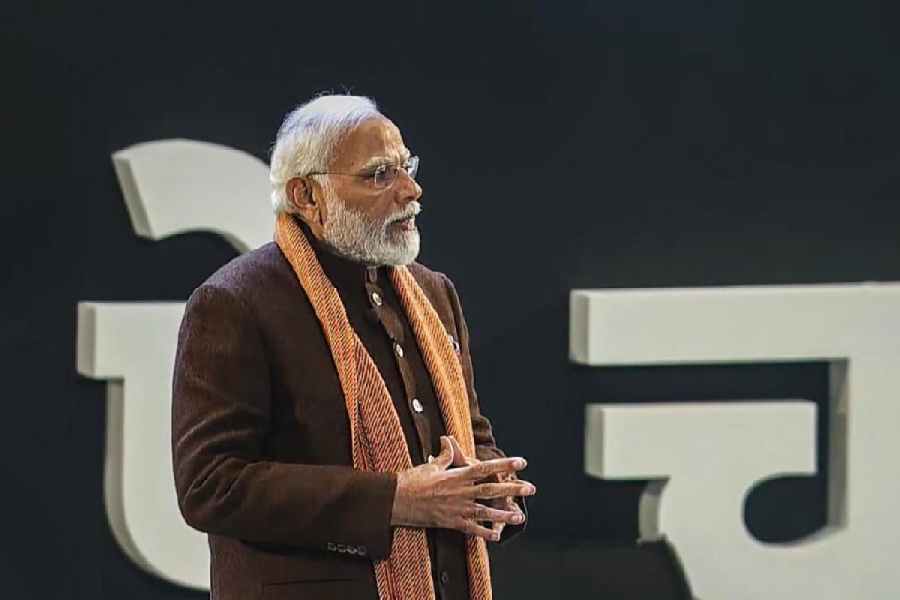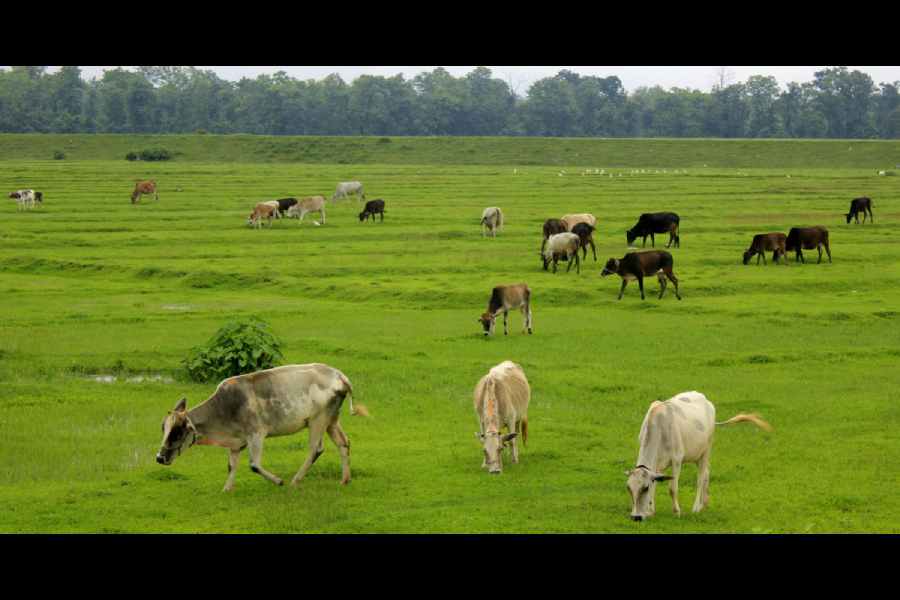The Oberoi group’s flight catering unit has written to the Centre, urging it to allow serving meals on flights and pointing out that it has not earned any revenue for three months.
The Covid-19 safety guidelines issued by the directorate general of civil aviation (DGCA), the regulatory body for airlines in India, state that food cannot be served to passengers on board.
“Our factory has been closed since 20th March, 2020 and there is no revenue. Earning of several operating companies — especially those in hospitality, aviation and non-grocery retail — are badly hit due to business restriction in the country, triggered by the (Covid-19) pandemic. You are earnestly requested to kindly withdraw the restriction on in flight catering facility to the passengers in domestic airlines,” A. Imam Malik, unit head/head-corporate affairs, Oberoi Flight Services and Oberoi Airport Services, wrote in the email on June 15.
The mail was sent to Prime Minister Narendra Modi, DGCA, ministry of civil aviation and the director of the Calcutta airport.
“You are requested to initiate and pass necessary order to revoke the restriction and save our factory and livelihood of our workers,” the letter stated.
It mentioned that the catering unit followed all food safety and handling policies.
Taj Sats Air Catering Limited, the in-flight catering unit of the Taj group, is facing similar problems as its unit, too, is shut since March-end.
According to sources, Oberoi Flight Services and Oberoi Airport Services in Calcutta employ about 200 direct and indirect employees. The Taj unit has about 350 personnel on its rolls.
Sources in both units said they were paying salaries to all their employees.
“Also, we have to pay utility bills like electricity and taxes,” said a source in the Oberoi flight catering unit.
Domestic flight services from Calcutta resumed on May 28 after the lockdown restrictions were eased. Sources in both catering units said the airlines were not lifting any food items on board, abiding by DGCA guidelines.
In June, the DGCA issued a fresh guideline which came into effect on June 3, which again said food could not be allowed on board a flight.
“No meals or drinking water shall be served on board except in extreme circumstances arising due to health reasons,” the DGCA guideline says.
A DGCA official said on Wednesday that serving meals on board would increase the risk of spreading Covid-19. “The guideline aims to minimise interaction between crew and passengers and to ensure safety for all,” said the DGCA official.
“Passengers have to take off masks while consuming food and beverages, which will increase chances of the spread of the Covid-19 infection.”
Sources in the Oberoi catering unit said the facility in Calcutta was set up in 2015 after spending about Rs 100 crore. At one point, the unit used to provide 4,000-5,000 meals every day to various airlines. Taj Sats used to serve around 6,000 meals every day.
Now, they said a few airlines were getting food packed for their crew members but the volume was insignificant. “Most crew members are preferring to bring their food,” said a source.
Airlines, too, said they were earning less revenue because of the ban on food consumption. “We earn revenue from serving food and beverages. But we have to abide by the DGCA guidelines,” said an official of a low-cost airline.
An official of the Oberoi catering unit said they had contacted DGCA personnel. “They said they knew we were bleeding but they could do nothing,” the official said.











